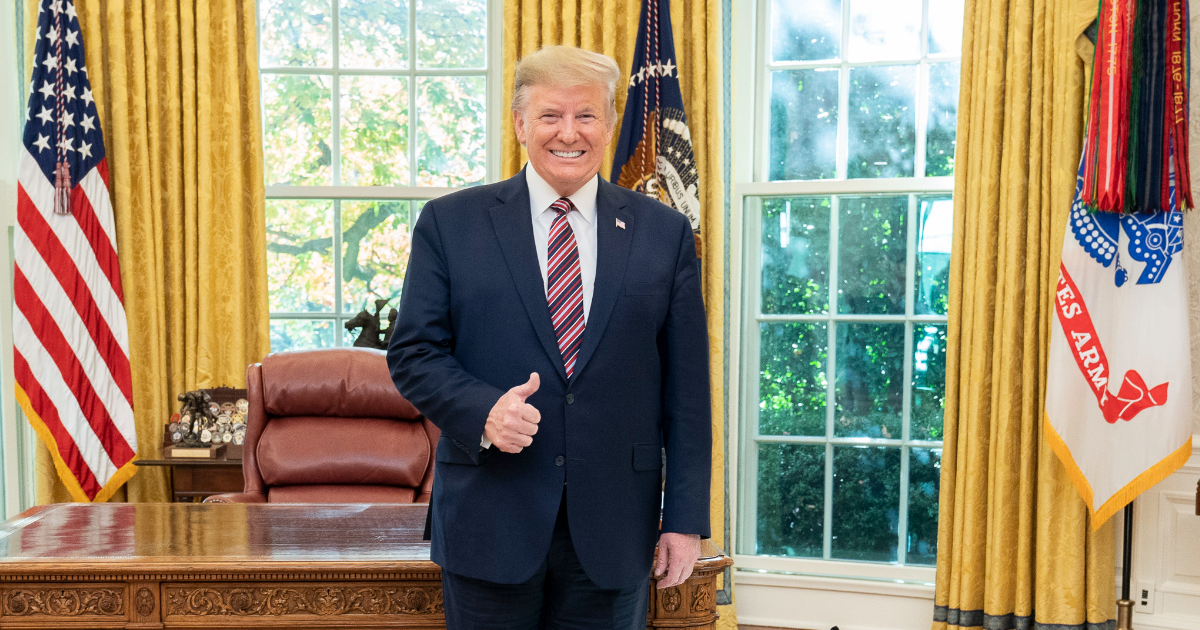The United States Supreme Court granted President Donald Trump the authority on Monday to employ an antiquated wartime statute to expedite deportations, marking a pivotal win for his immigration agenda while raising concerns among civil rights advocates. In a narrow 5-4 decision, the highest court approved the use of the Alien Enemies Act, an 18th-century law, to remove hundreds of immigrants.
Previously, Trump had cited this act to deport Venezuelan nationals alleged to be part of the criminal organization Tren de Aragua, despite a federal judge having blocked the action weeks earlier. The ruling permits the federal government to utilize this law for swift deportations, yet the Court stipulated that affected individuals must be informed that they are being processed under this extraordinary legislation.
Furthermore, immigrants must be granted a "reasonable time" to challenge the deportation order in court. Attorneys should be allowed to effectively file for habeas corpus before their clients are removed from the country. This legal battle began when Judge James Boasberg temporarily halted deportations, questioning the legality of using this measure against individuals not formally charged with crimes. Although an appeals court upheld the suspension of the law, Trump's legal team escalated the matter to the Supreme Court, which ultimately decided in his favor.
On Monday, Attorney General Pamela Bondi declared the decision as "a historic victory for the rule of law," asserting that "an activist judge in Washington, D.C., does not have the authority to override President Trump's power to conduct foreign policy and ensure the safety of the American people." Conservative justices argued that the appeals should have been filed in Texas, where the immigrants were detained, rather than in Washington, D.C.
In her dissenting opinion, Justice Sonia Sotomayor strongly criticized the ruling, noting that the administration sought to circumvent judicial review and complicate the legal defense of immigrants. Trump hailed the decision on his Truth Social platform, describing it as “a great day for justice in America” and affirming that the ruling allows him to "protect families and secure borders."
This case highlights the escalating tension between the Executive Branch and the Judiciary, bringing to the forefront the debate over the application of historical laws in the current immigration context in the United States.
Key Aspects of Trump's Supreme Court Immigration Ruling
What law is President Trump using to expedite deportations?
President Trump is using the Alien Enemies Act, an 18th-century wartime law, to expedite deportations.
How did the Supreme Court rule on the use of this law?
The Supreme Court ruled in a 5-4 decision to allow the use of the Alien Enemies Act for deportations, supporting Trump's agenda.
What were some of the concerns with this ruling?
Concerns include the potential circumvention of judicial review and the challenges it may pose to immigrants' legal defense.
